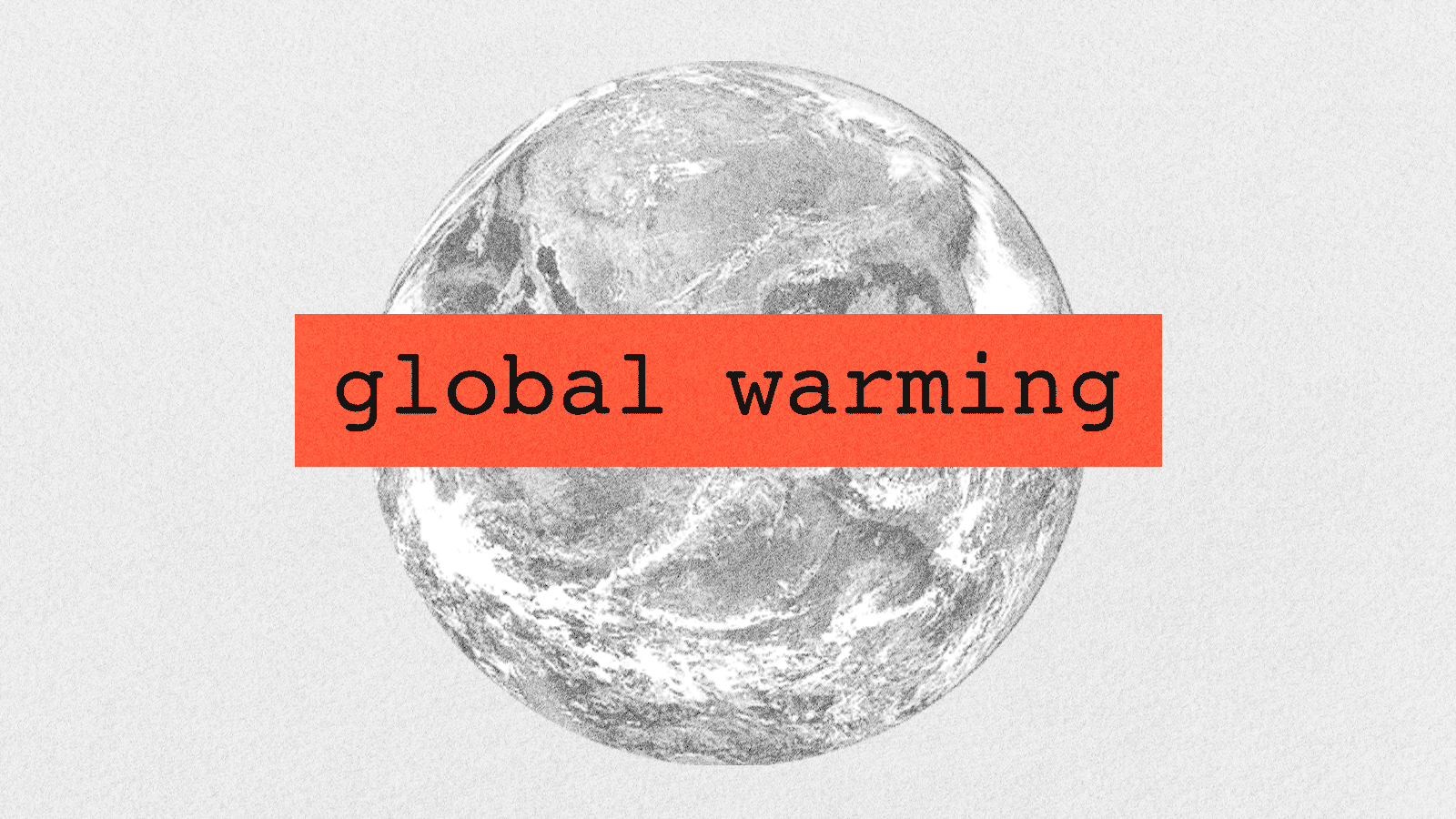Big news: Global warming is over. Just the phrase itself, though.
A new report shows how differently people talk about climate change from how they did 10 years ago. Researchers at BayWa r.e., a German renewable energy company, scoured 1.3 trillion tweets, Reddit posts, news articles, and other publicly available sources, along with Google search data. They found that searches for global warming, once the most common phrase for our overheating planet, are down 73 percent since 2010. The older expression is simply going out of fashion. Climate change began to outpace global warming around 2015, and the newly popular climate crisis might someday catch up if current trends continue. It’s another sign, researchers say, that the public is beginning to grasp the magnitude of the problem.
The decline of global warming, which refers to an increase in planet-wide temperatures, has been a long time coming. Detractors have long complained that warming sounds warm and cozy, like hugs. It’s also more narrow in meaning than climate change, which better captures the full range of effects that people are experiencing, from wilder wildfires to heftier hurricanes.
“Global warming can potentially be confusing for people, because while the warming happens at a global level, there’s obviously local extreme weather dynamics that don’t always correlate with warming,” said Emma Frances Bloomfield, an assistant professor of communication at the University of Nevada, Las Vegas. She pointed to the freak winter storm in Texas last month: Some scientists say that warming patterns in the Arctic are sending frigid polar air south more often, leading to periods of extreme cold in parts of the United States.
Climate change itself has been criticized for sounding too neutral — after all, change is often a good thing. Since 2019, activists and media organizations like the Guardian have been amping up the sense of gravity around the issue, switching up the lingo with climate crisis, climate emergency, climate breakdown, climate disruption, and global heating.
BayWa r.e. had a hunch that this more dramatic vocabulary was catching on. “Climate change felt like it got real, and people were talking about it in a different way, becoming more urgent,” said Mark Cooper, the company’s head of global communications.* “So we thought, well, is that actually the case?”
They found that the public is indeed using more urgent-sounding and active language. The growth in search terms such as take action “shows a world that’s increasingly thinking with proactivity and specific causes in mind, replacing the more general and vague warning of ‘global warming’ as an abstract concept,” the report says.
The total mentions of climate change grew year after year, more than doubling in 2019 when Swedish activist Greta Thunberg’s climate strike turned into a global movement. Only in 2020, when the COVID-19 pandemic set in, did the total volume of the climate discussion die down. On Twitter, for example, the year brought a 41-percent plunge in posts about the climate. Amid this dramatic drop, however, the use of climate crisis actually increased by 17 percent. It’s a similar story with climate action, which rose 47 percent.
The effects of these alternative phrases have yet to be extensively studied, said Jill Hopke, an assistant professor of communication at DePaul University. “There’s so little research on this topic,” and not enough data to conclude how people are responding to it. More urgent language could motivate some to take action, but a few studies suggest it could also backfire, prodding already doubtful people to deny the scientific consensus more vehemently.
Describing our planetary problem as in crisis “plays into the ‘hysterical, alarmist’ climate change discourse,” Bloomfield said. Still, she thinks the shift from global warming to climate crisis is a positive development. As more and more people become concerned about climate change, she said, “I don’t think those attacks are going to have as much staying power.”
The report has some limitations. It’s not peer-reviewed, and with a big sample like this — with more than a trillion documents — some details might have been glossed over by Brandwatch, the platform used to analyze the data. “It’s giving a good picture of the broad, sweeping conversation trends over time,” Hopke said. “But what’s lacking is that fine-grained analysis of what’s actually the content of those conversations.”
Although climate change might not be consuming our conversation as much as it was in 2019, Bloomfield is encouraged by the connections people are making between the pandemic and the planetary crisis. The report found that the most popular news articles about climate change last year linked it with the pandemic — showing how carbon emissions dipped during the lockdowns last year, for instance, or how preserving forests could help stop the next pandemic.
*Correction: This story originally misidentified Mark Cooper.



